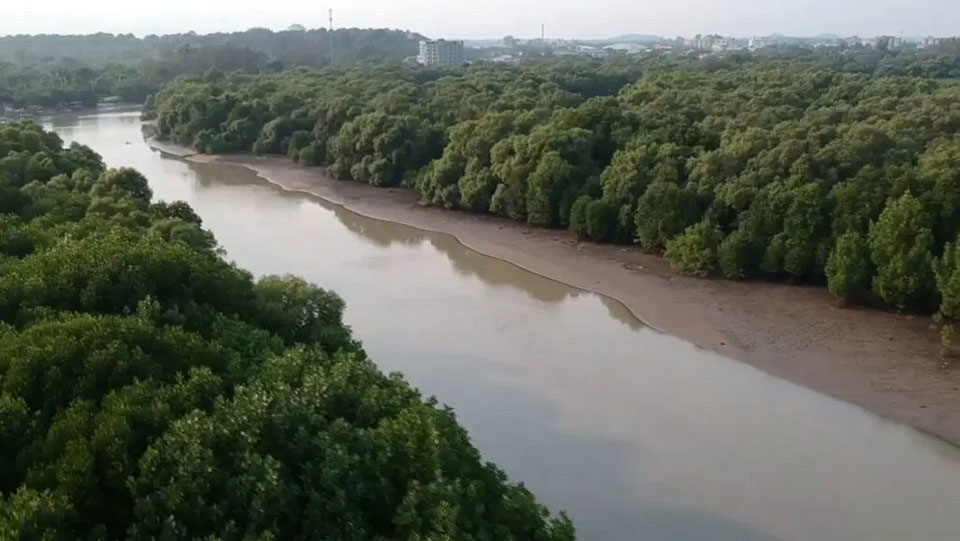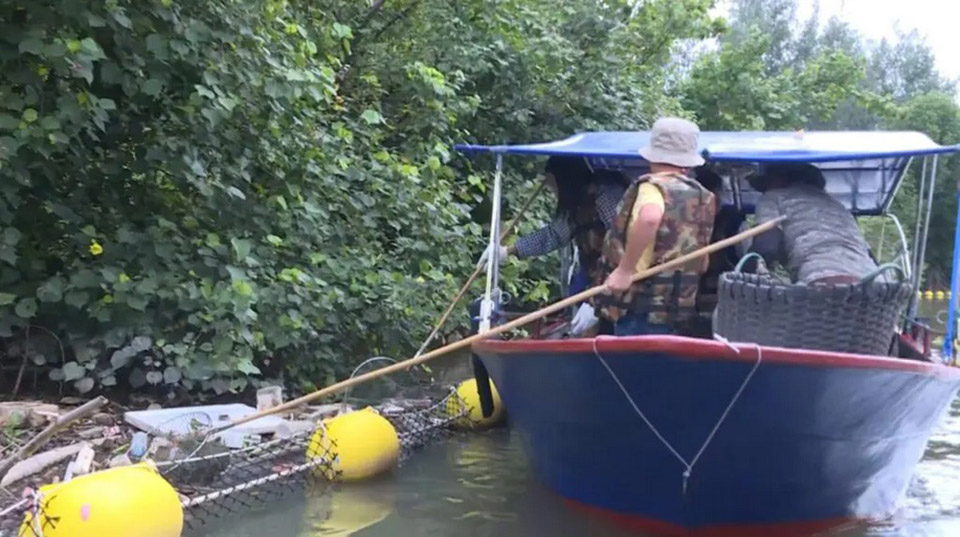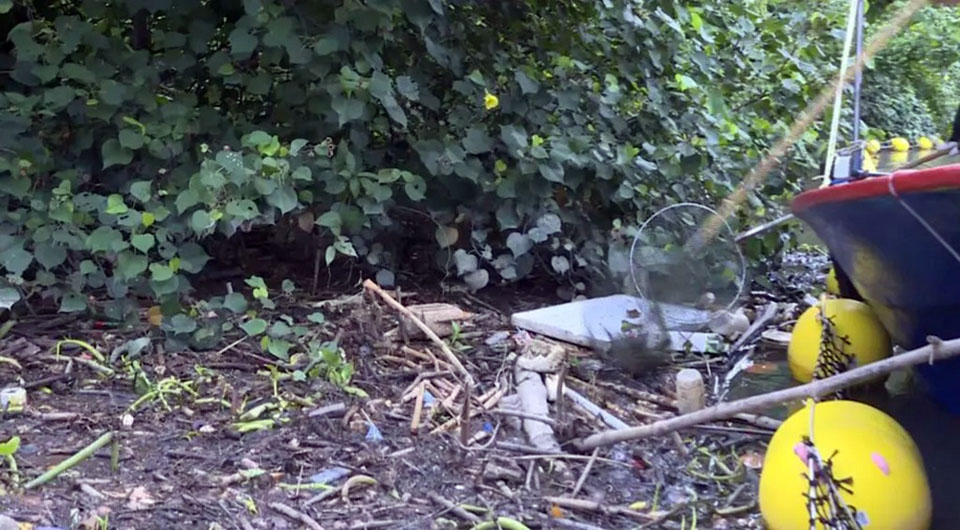
RAYONG, Thailand – Rayong’s mangrove forest, a unique natural gem spanning over 500 rai (about 200 acres), has been revitalized into a thriving ecosystem and a new urban lung. Located adjacent to the city, this coastal woodland offers visitors a chance to explore nature trails, take boat tours through mangrove forests, and participate in eco-friendly activities like mangrove clean-ups.
“We’re facing a trash issue. People have been discarding waste from their boats. Littering is unacceptable. We collect the trash and find ways to reuse it. I encourage people who haven’t experienced an urban forest to come and enjoy the clean air,” said a member of the community group dedicated to restoring the Rayong River and mangroves.
Once degraded due to urban expansion, the mangrove forest has been restored through concerted efforts from various sectors. The resurgence of this ecosystem aligns with the growing global trend of ESG, as many Rayong-based companies are actively contributing to social and environmental causes. For example, the “Empowering Sustainable Love for Thai Forests” project highlights the importance of mangrove conservation.

“Through knowledge exchange and understanding community needs, we can collaborate to plant the desired trees and establish a new forest. By providing essential materials, we can create a serene and educational space that attracts visitors, Pongkorn Chochuwong, Executive Vice President of Star Petroleum Refining Pcl.
Mangroves play a crucial role in carbon sequestration, capturing over 9.4 tons of CO2 per rai (0.39 acre) annually. This makes them essential in achieving net-zero goals. By restoring mangrove ecosystems, Rayong not only improves air quality but also supports marine biodiversity and creates sustainable economic opportunities for local communities.
The Thai government has facilitated public-private partnerships for mangrove restoration, enabling businesses to offset their carbon footprint through carbon credit mechanisms. However, companies must commit to long-term mangrove care for at least a decade. (TNA)









